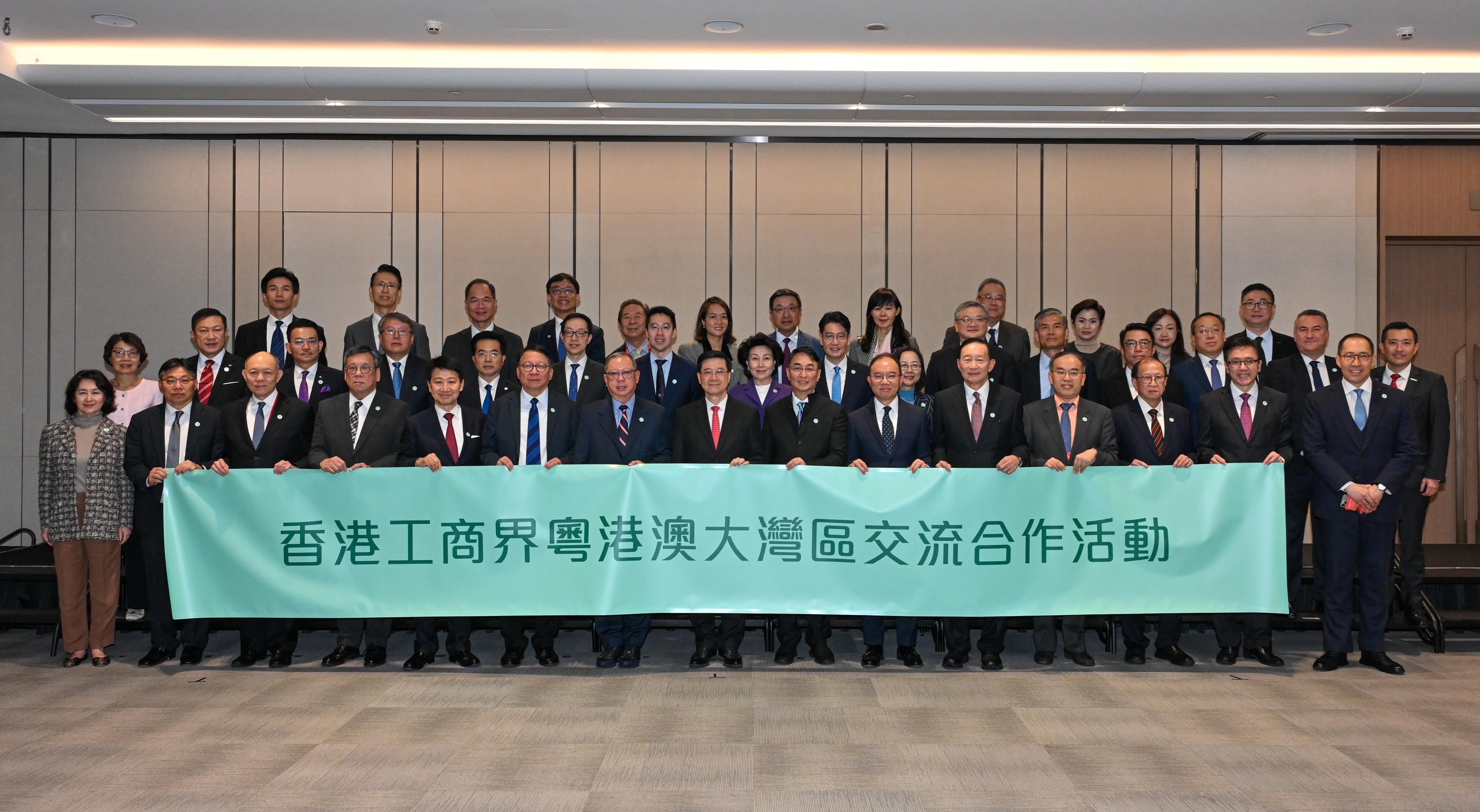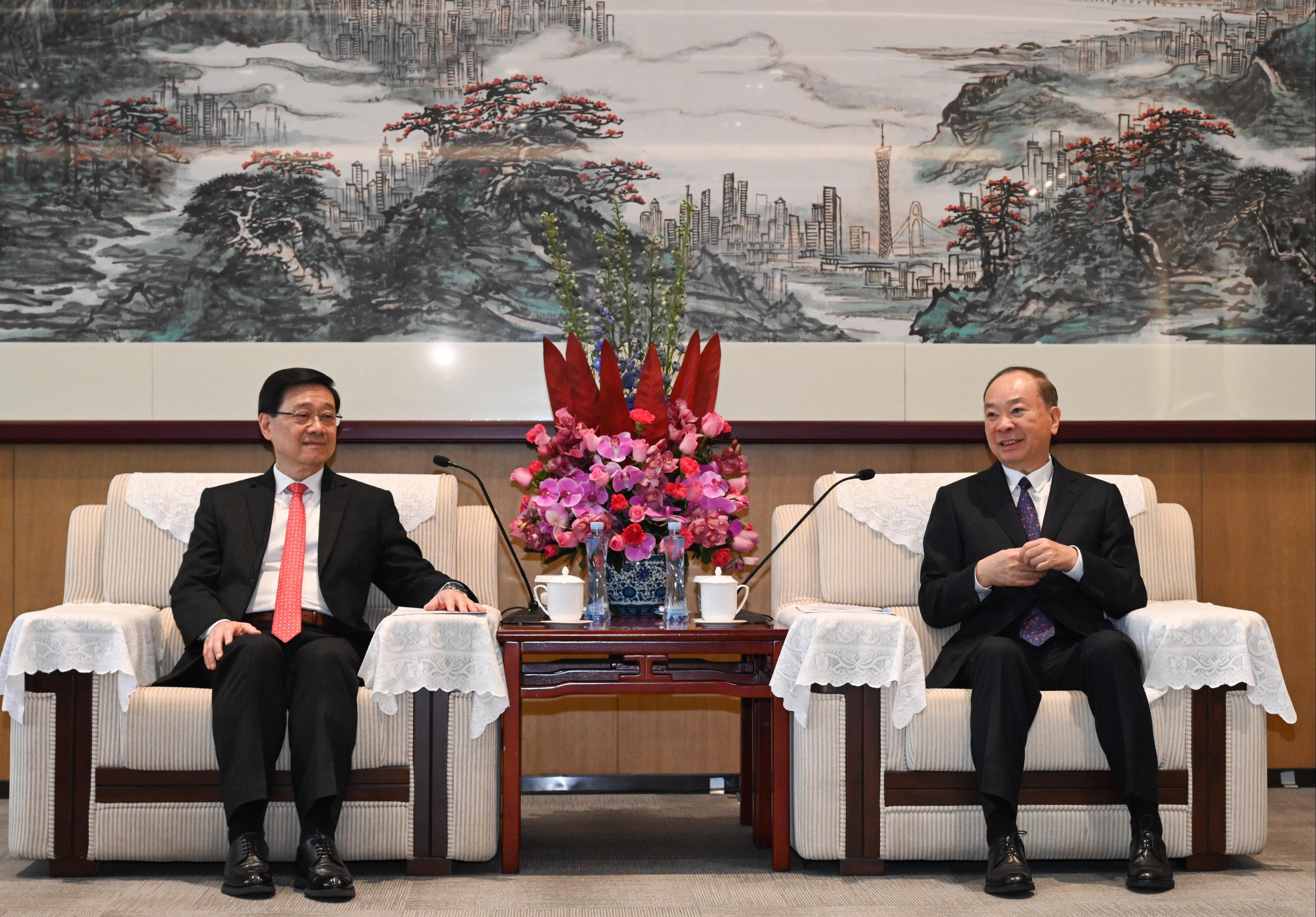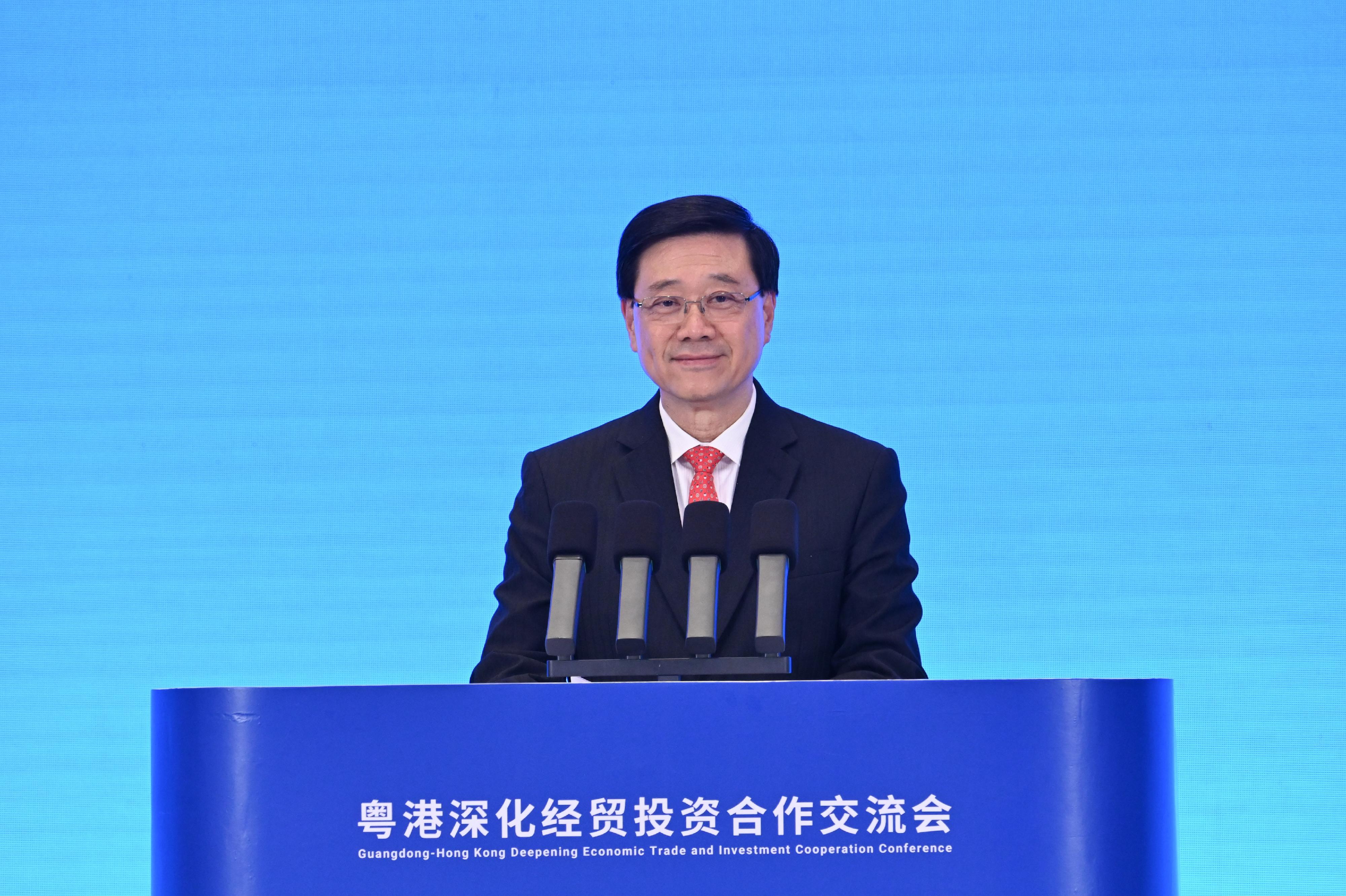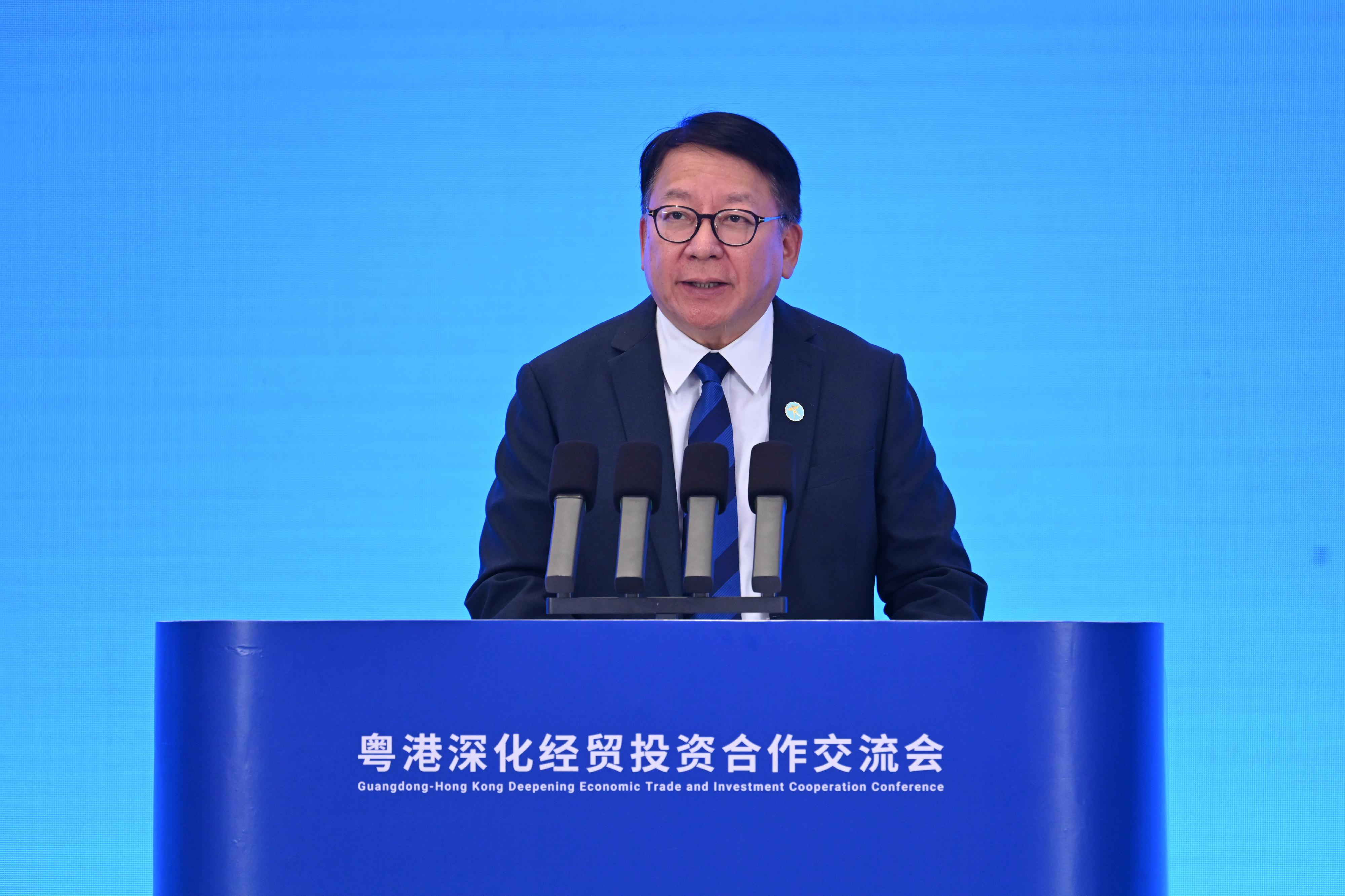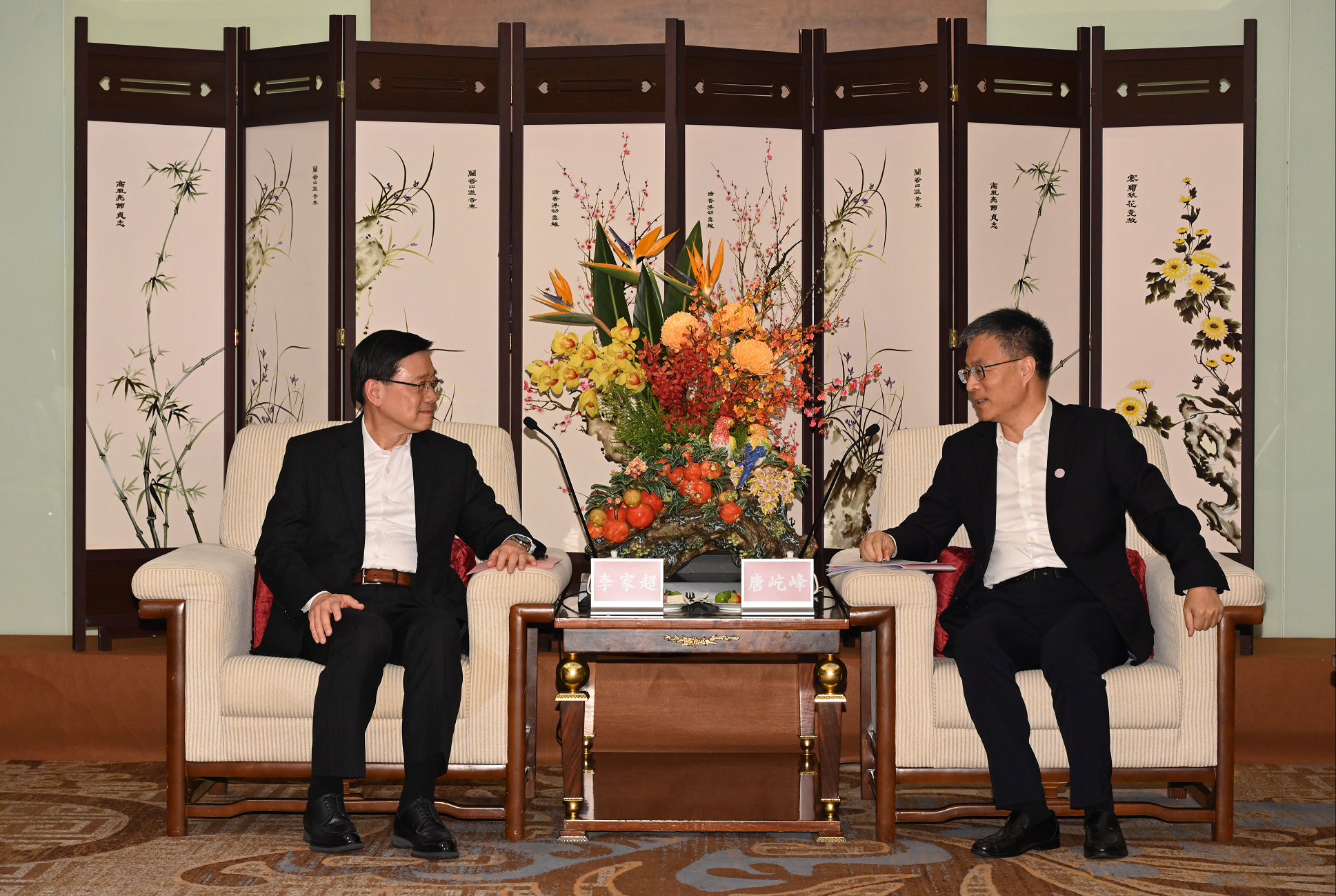The Centre for Health Protection (CHP) of the Department of Health today (November 25) reported the latest number of cases of Legionnaires’ disease (LD), and appealed to those who had participated in a tour group to Foshan organised by Travel Around Limited from November 7 to 9 to take the initiative to contact CHP.
From November 17 to 23, the CHP recorded three imported and one community-acquired LD cases.
Two imported cases had epidemiological linkage, involving two males aged 67 and 68 respectively who travelled to Foshan on a group tour organised by the Travel Around Limited (tour code: BG-EAL03) from November 7 to 9. They did not know each other before joining the tour. Following investigation, the CHP identified two further cases from the same tour yesterday (November 24) and today, involving two male patients aged 62 and 65. All four patients had underlying illness. Initial investigation revealed that they did not have common local movements except having joined the tour to Foshan during November 7 to 9. The CHP believed that they were infected during the trip. The CHP is actively contacting the other persons who were part of the tour group to follow up on their health conditions, and appealed to them to call the CHP’s hotline (2125 2372) for follow up and medical surveillance. The hotline will be operating from 9am to 5pm from tomorrow (November 26) to November 29. They should seek medical advice immediately if they develop symptoms of infection, such as fever or feeling unwell.
The CHP has reported the case to the health authorities on the Mainland. Epidemiological investigations are still in progress.
Details of the remaining imported and community-acquired LD cases, which were not epidemiologically related to the above cluster, are as follow:
- A male patient, aged 69 with underlying illnesses, who had been to the Mainland during the incubation period and was classified as an imported case; and
- A male patient, aged 42 with underlying illnesses, who lives in Tsuen Wan District.
“Epidemiological investigations are ongoing to identify potential sources of infection, high-risk exposure and clusters, if any,” a spokesman for the CHP said.
As of November 23, 115 LD cases had been recorded this year. In 2023 and 2022, there were 121 and 80 cases respectively.
“Men, people aged over 50, smokers, alcoholics and persons with weakened immunity are more susceptible to LD. Some situations may also increase the risk of infection, including poor maintenance of water systems; living in areas with old water systems, cooling towers or fountains; using electric water heaters, whirlpools and spas or hot water spring spas; and recent stays in hotels or vessels,” the spokesman said.
Legionellae are found in various environmental settings and grow well in warm water (20 to 45 degrees Celsius). They can be found in aqueous environments such as water tanks, hot and cold water systems, cooling towers, whirlpools and spas, water fountains and home apparatus that support breathing. People may become infected when they breathe in contaminated droplets (aerosols) and mist generated by artificial water systems, or when handling garden soil, compost and potting mixes.
Immunocompromised persons should:
- Use sterile or boiled water for drinking, tooth brushing and mouth rinsing;
- Avoid using humidifiers, or other mist- or aerosol-generating devices; and
- If using humidifiers, or other mist- or aerosol-generating devices, fill the water tank with only sterile or cooled freshly boiled water, and not water directly from the tap. Also, clean and maintain humidifiers/devices regularly according to manufacturers’ instructions. Never leave stagnant water in a humidifier/device. Empty the water tank, wipe all surfaces dry, and change the water daily.
The public should observe the health advice below:
- Observe personal hygiene;
- Do not smoke and avoid alcohol consumption;
- Strainers in water taps and shower heads should be inspected, cleaned, descaled and disinfected regularly or at a frequency recommended by the manufacturer;
- If a fresh-water plumbing system is properly maintained, it is not necessary to install domestic water filters. Use of water filters is not encouraged as clogging occurs easily, which can promote growth of micro-organisms. In case water filters are used, the pore size should be 0.2 micrometres (µm) and the filter needs to be changed periodically according to the manufacturer’s recommendations;
- Drain and clean water tanks of buildings at least quarterly;
- Drain or purge for at least one minute infrequently used water outlets (e.g. water taps, shower heads and hot water outlets) and stagnant points of the pipework weekly or before use;
- Seek and follow doctors’ professional advice regarding the use and maintenance of home respiratory devices and use only sterile water (not distilled or tap water) to clean and fill the reservoir. Clean and maintain the device regularly according to the manufacturer’s instructions. After cleaning/disinfection, rinse the device with sterile water, cooled freshly boiled water or water filtered with 0.2 µm filters. Never leave stagnant water in the device. Empty the water tank, keep all surfaces dry, and change the water daily; and
- When handling garden soil, compost and potting mixes:
- Wear gloves and a face mask;
- Water gardens and compost gently using low pressure;
- Open composted potting mixes slowly and make sure the opening is directed away from the face;
- Wet the soil to reduce dust when potting plants; and
- Avoid working in poorly ventilated places such as enclosed greenhouses.
​​The public may visit the CHP’s
LD page, the
Code of Practice for Prevention of LD and the
Housekeeping Guidelines for Cold and Hot Water Systems for Building Management of the Prevention of LD Committee, and the CHP’s
risk-based strategy for prevention and control of LD.
read more


